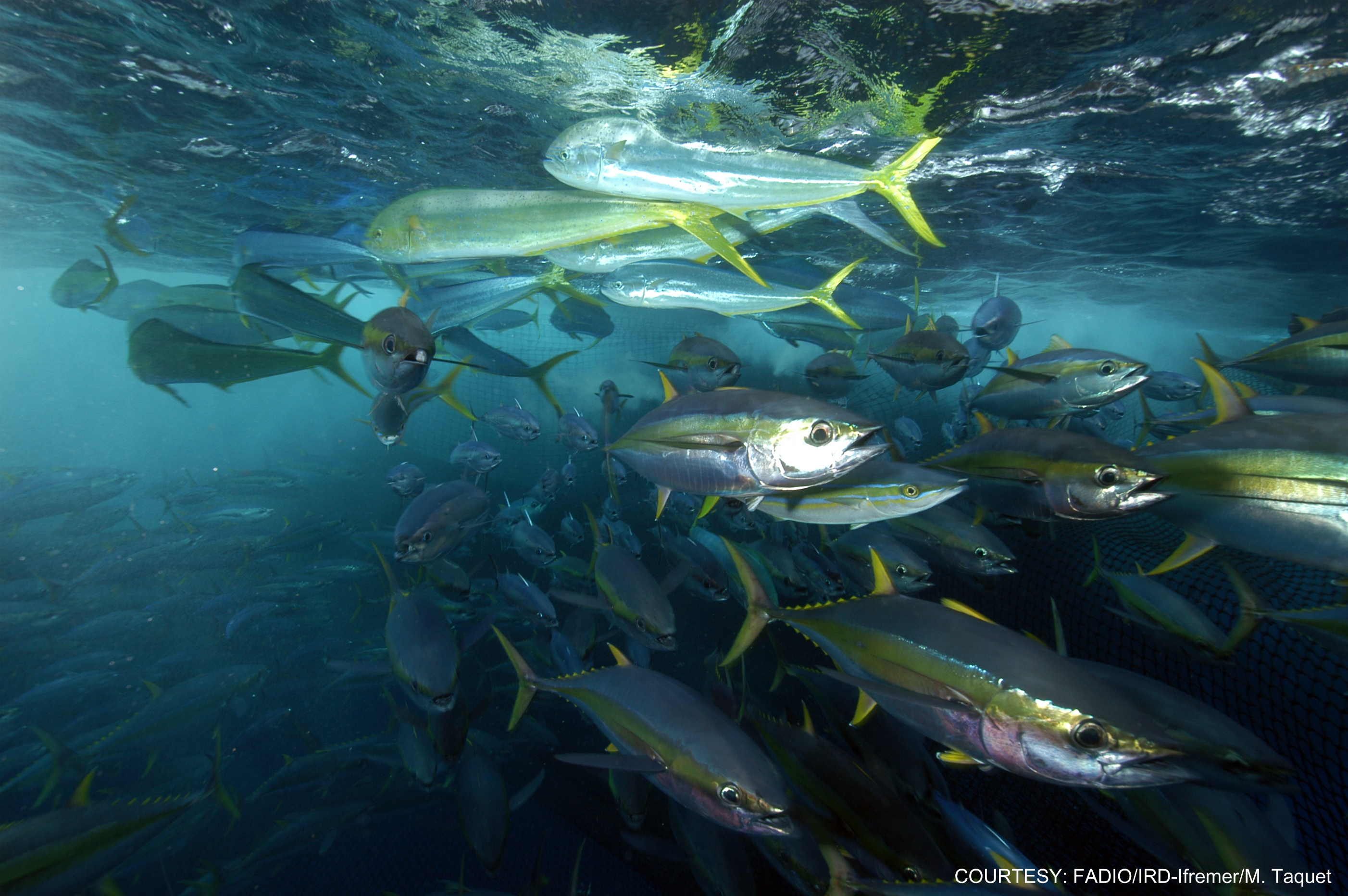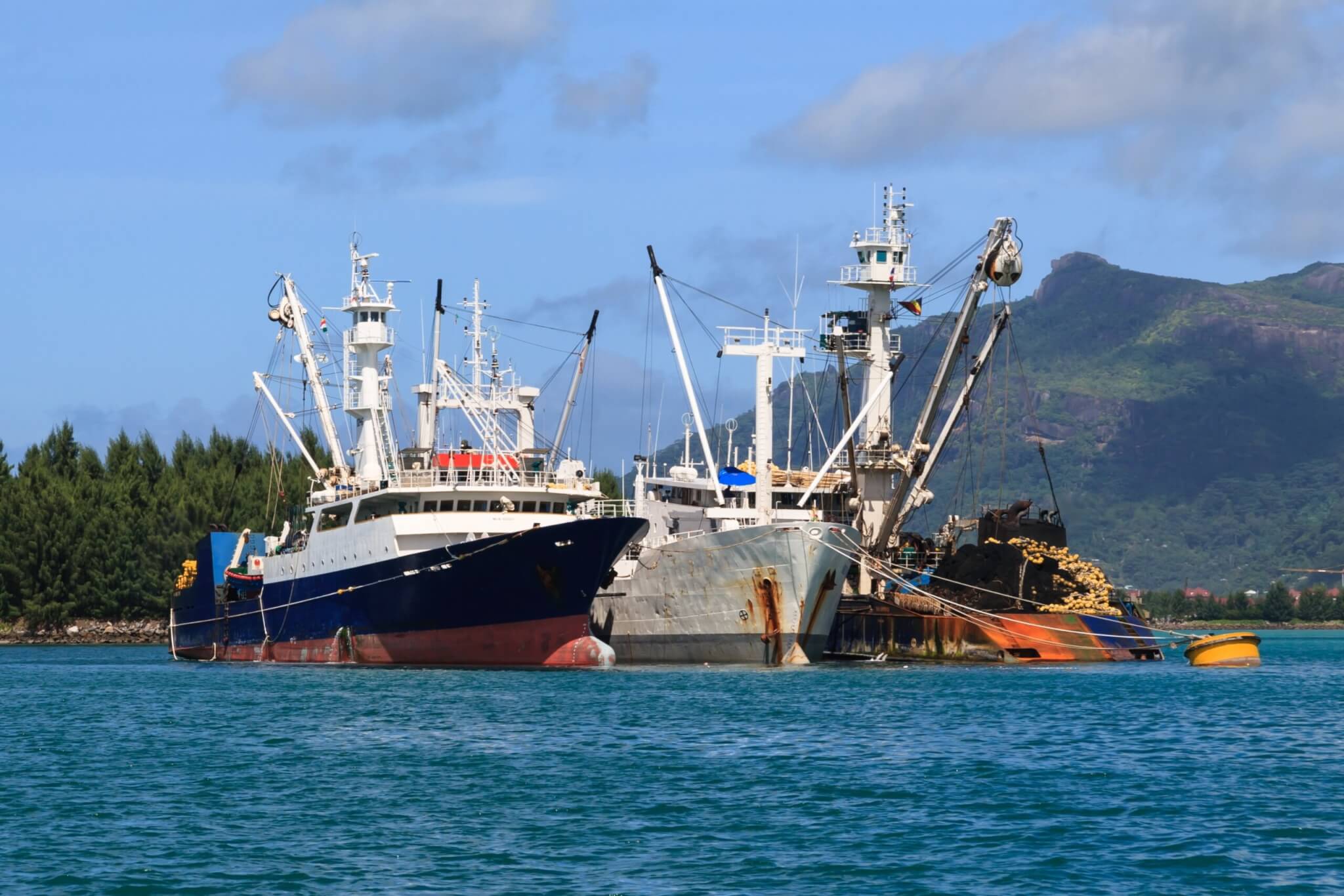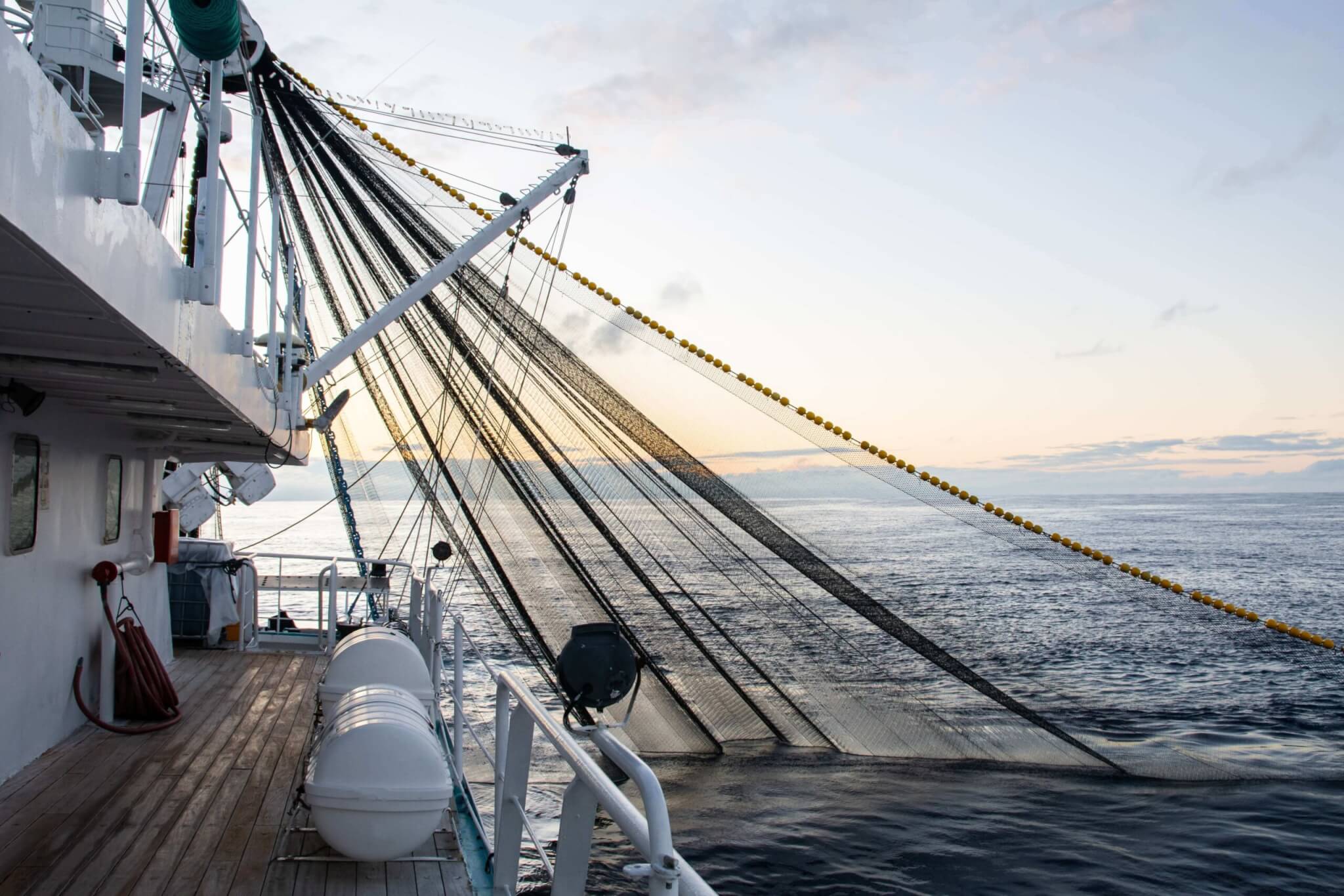
Eastern Pacific Ocean Fisheries Managers Must Adopt Effective Management Measures for Bigeye, Yellowfin and Skipjack Tuna
The International Seafood Sustainability Foundation (ISSF) has published its position statement in advance of the Inter-American Tropical Tuna Commission (IATTC) 98th Meeting, which will be held virtually on August 23-27, 2021, and convened again in October 2021. The IATTC is responsible for the conservation and management of tuna and other marine resources in the eastern Pacific Ocean (EPO). The Commission will focus its August meeting solely on EPO tuna measures, and a subsequent meeting in mid-October will address other items on the Commission’s 2021 agenda.
“The global pandemic continues to stymie the IATTC and all tuna RFMOs in their ability to conduct meetings, negotiate solutions and find consensus,” said ISSF President Susan Jackson. “We acknowledge these challenges. But continued progress to ensure the long-term sustainability of tuna fisheries and ecosystems — using the best available scientific information — cannot wait for a ‘return to normalcy.’”
At its August meeting, #IATTC must adopt a new precautionary, science-based #conservation measure for yellowfin, bigeye, and skipjack #tuna. Our position statement explains why. Share on XJackson continued, “The IATTC has prioritized discussions on new tuna conservation measures for its August meeting, and we are urging the adoption of tuna measures based on current scientific advice along with related FAD management measures. Decisive action on these items in August will clear the way for an October agenda that is set up for progress on other pressing topics like harvest strategies and monitoring, control, and surveillance. The added fall IATTC meeting must be viewed as further opportunity to adopt all much-needed measures before the end of the year—rather than a reason to delay decision-making at the August meeting.”
The current IATTC tuna conservation measure has been ineffective in limiting catches of yellowfin, bigeye and skipjack tuna. ISSF’s position statement therefore leads with the request that the Commission adopt a new precautionary and science-based tuna conservation measure. This new tuna conservation measure should also include and address fish aggregating device (FAD) management to prevent an increase of fishing mortality—specifically through the extension of the FAD closure, active FAD limits, deployment limits, or buoy purchase limits. The IATTC should further require the provision of raw data from echosounder buoys and set a clear timeline to transition to the use of FADs without netting and made primarily of biodegradable materials.
ISSF urges the Commission, among the topics to be addressed in October, to progress improvements in FAD management; harvest strategies; and monitoring, control and surveillance (MCS). The ISSF position statement addresses these priorities specifically as follows:
- Develop FAD ownership rules and definitions to ensure FAD accountability is maintained through the end of the FAD’s lifetime, and design FAD-recovery mechanisms and incentives by 2023
- Develop a work plan to develop and adopt a FAD marking scheme by 2022 for all new FAD deployments, regardless of vessel type, that requires that FADs be marked on both the buoy and the FAD structure
- Accelerate development of Management Strategy Evaluation for bigeye, skipjack and yellowfin tuna
- Adopt the IATTC electronic monitoring systems (EMS) work plan. Establish a fleetwide observer program (human or electronic) for small purse seine vessels by 2022. Require 100% observer coverage (human and/or electronic) in industrial tuna fisheries, including all those engaged in at sea transshipment, by 2024
- By 2022, adopt a Port State Measures Resolution
- Establish a work plan to operationalize paragraphs 5-8 of IATTC’s measure C-11-07 on Compliance, and develop audit points
Read ISSF’s full IATTC position statement, which is also available in Spanish translation, on the ISSF website.
ISSF Global Priorities for Tuna RFMOs
ISSF is committed to advocating for science-based approaches, policies and conservation measures to advance tuna fisheries sustainability. Here are ISSF’s Global Priorities for four Tuna RFMOs — the Indian Ocean Tuna Commission (IOTC), the Inter-American Tropical Tuna Commission (IATTC), the International Commission for the Conservation of Atlantic Tunas (ICCAT) and the Western and Central Pacific Fisheries Commission (WCPFC):
- Implementation of rigorous harvest strategies, including harvest control rules and reference points
- Effective management of fleet capacity, including developing mechanisms that support developing coastal state engagement in the fishery
- Science-based FAD management & non-entangling and biodegradable FAD designs
- Increased member compliance with all adopted measures, and greater transparency of processes reviewing member compliance with measures
- Strengthened Monitoring, Control and Surveillance (MCS) measures and increased observer coverage, including through modern technologies such as electronic monitoring and e-reporting
- Adoption of best-practice bycatch mitigation and shark conservation management measures


